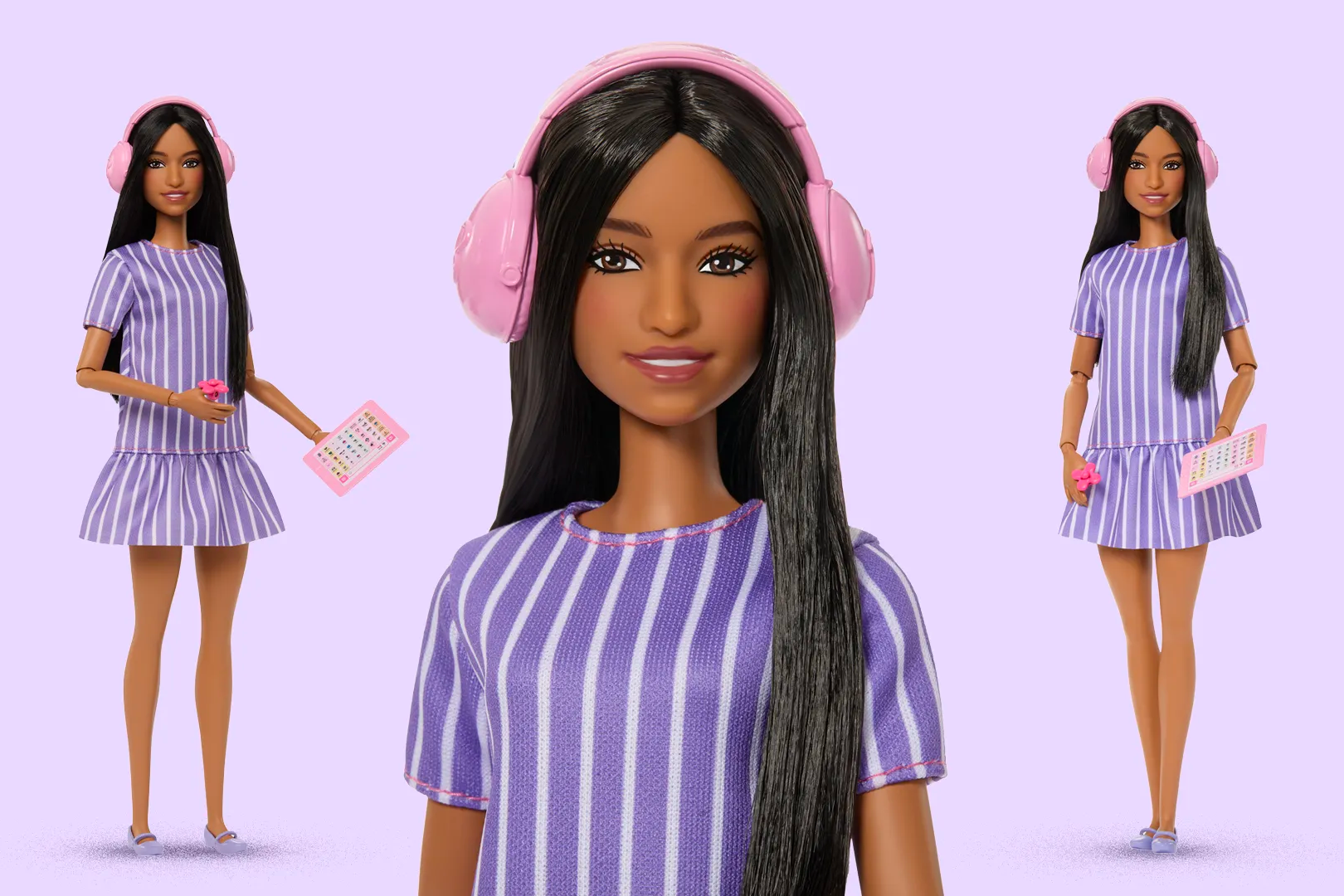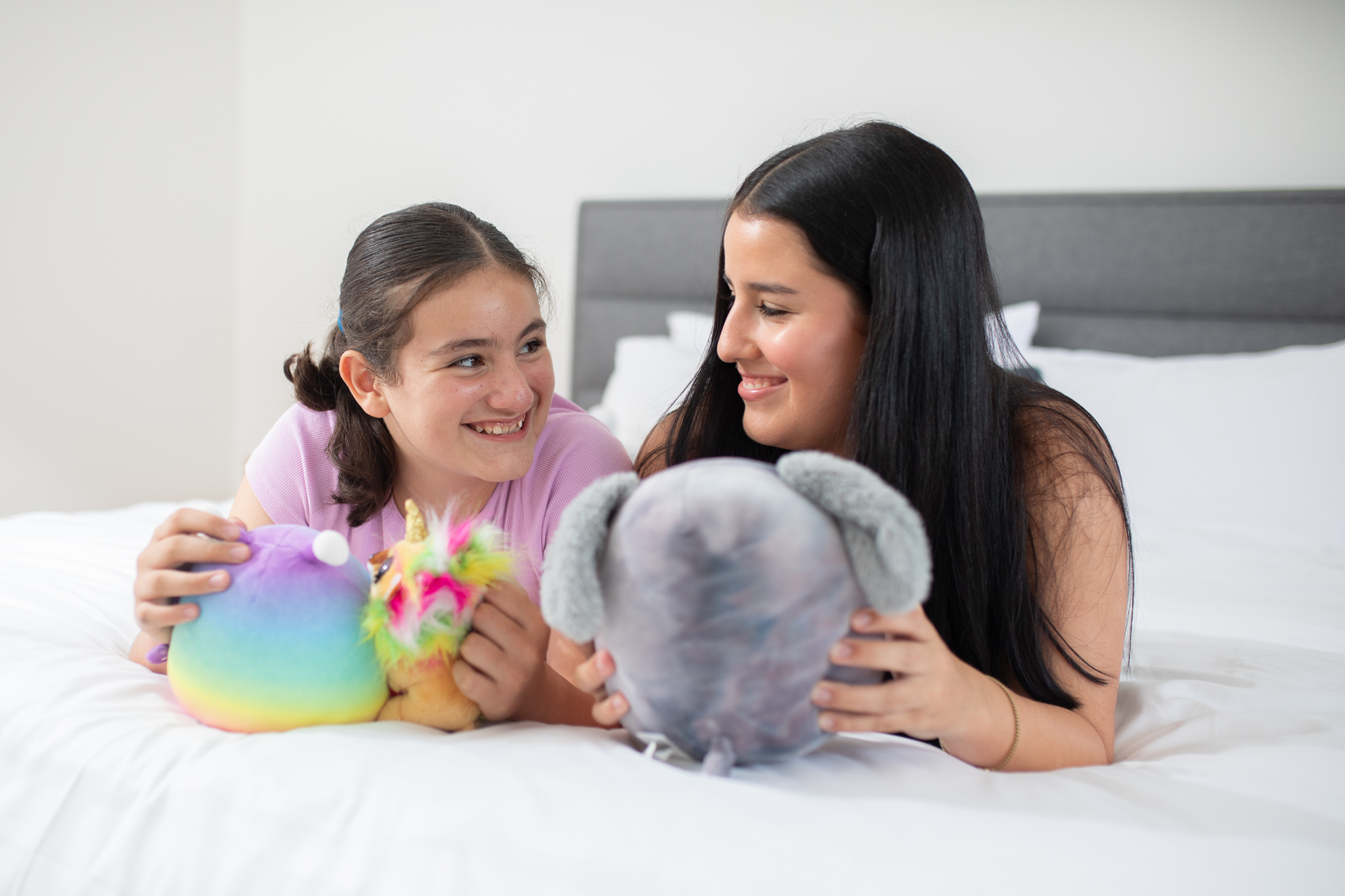Teenage girls and autism - Isabella's story

This month, we caught up with Isabella, a young woman who recently received an autism diagnosis.
We spoke about the experience of pursuing and receiving a diagnosis as a teenage girl and how her understanding of autism and herself has changed since.
Do you remember when you first found out that you had autism? How did you feel and how did you react?
I found out that I had autism not too long ago, actually. My family and I weren’t really aware of the signs and were clueless for many years. I have severe anxiety as well, so we chalked up a lot of my behaviours and mannerisms to that. It wasn’t until maybe 4 years ago when my sister started to pick up the signs, she did a lot of research into it and realised that I had autism. Since the experiences of boys with autism is so popularised, my family disagreed with my sister’s diagnosis, so I grew up through high school without being diagnosed.
I was talking to my sister about neurodivergence a few months ago, and she finally told me that she thought I had autism. We did a bit more research into female traits of autism, and I found out that a lot of my behaviours, which I had previously excused for anxiety, were autistic behaviours. That’s when I decided that I wanted to get a diagnosis.
When I was diagnosed with autism, it felt like a massive weight was left off my shoulders. It was one of the best days that I can remember. Throughout high school I had always felt like there was something more to myself, something that I couldn’t pick up. I knew I had anxiety, but I felt like there was something else going on. When I was diagnosed, it was like the pieces of the puzzle just fell into place and I could understand myself a lot more.
In short, I was very, very relieved.
Some people on the autism spectrum find telling others that they have autism challenging. Is this something you can relate to?
I like telling people that I have autism. Although subconsciously I’m worried that people will see me as a liability or weak, which I think is a reasonable fear, I just want people to know of my disability so they can treat me appropriately.
Although I want people to be aware, I can be wary about disclosing my disability because I do not want to miss out on opportunities that I would otherwise get. But maybe this is naivety, because I don’t have as much experience as other people have gotten with their diagnosis. For example, I’m worried about putting my disability on my resume because, although I want my future employers to understand me so they can accommodate me as such, I’m worried that my disability will just be an excuse for them to not give me a chance.
So I can definitely relate to this struggle. And it’s really hard, because I can’t decide on what I want to do and who I want to tell.
Unfortunately, the understanding of autism that many professionals and people in the community have is based on the experiences of boys. Do you believe that girls with autism such as yourself are at a disadvantage when it comes to receiving a diagnosis and accessing support?
Definitely, and I say this with such certainty because I have experienced this disadvantage. I discussed this earlier, that my parents initially disagreed with my sister saying I had autism because I did not show the signs of autism that are predominant in the media. The signs, of which, are actually the experiences of boys. If the symptoms of girls with autism were more mainstream, I feel I would have gotten the support that I needed throughout primary and high school much earlier. I would have gotten my diagnosis at least four years ago, or maybe even earlier.
The experiences of girls with autism really needs to be more mainstream, so that girls like myself get the support much earlier, and they get the diagnosis they need.
Congratulations on your acceptance into a computer science degree at the University of Technology Sydney! How have you found life at university and beyond school so far?
The atmosphere of university is much different from that of my school. It’s definitely a culture shock, especially coming from a private girls school setting. My school, culture wise, was quite ‘monotone’ so to speak, with most girls being Caucasian. UTS is a lot more diverse, with people of many different ethnicities and ages. It’s a massive change, but not a bad one. Personally, I really enjoy the increased free time that you get in uni, which is a lot more than what you’d get in school. Sometimes there is an extra day or even two days of the week that you don’t have classes on.
Another thing that comes to mind is studying what you want. In school we got to choose what subjects to do for our HSC, and we had quite the variety, and I ended up doing four units of science and some programming (besides maths and English). Uni is a lot more focused on one subject of focus instead of being lots of different categories. I really enjoyed programming (especially the very small class of two people, consisting of myself and my best friend, since it wasn’t very mainstream), and the fact that I can pursue just programming and not having to worry about a side of chemistry is very nice.
How has your understanding and view of autism changed over time?
I suppose my initial view of autism was the predominant one in the media (as in the experience of boys with autism). I remember there was a movie called Music in 2020, which I know is very offensive towards the autistic community (I now find it quite offensive as well), but I didn’t initially know how inaccurate it was. Especially of its depiction of autism, and especially of its depiction of autism in girls.
I once thought that people with autism were, for a lack of a better word, mindless, and that they expressed that mindlessness mostly physically. And I hate that I once believed that. But after my diagnosis, and realising that I was autistic, I realised that autism doesn’t make someone mindless, it just means that we process things a bit differently. And I’ve learnt that autism isn’t something that is physically expressed, sometimes it’s internal but hidden by masking behaviours. I don’t think we are much different than others, but sometimes we need a helping hand.
And finally, what advice would you give to other autistic girls who are navigating their teenage years or life as young adults?
I think the main advice that I would give is that it’s okay to be autistic. I worry that people like myself feel like they are an inconvenience because they need more care, but they are not. Autism doesn’t make someone inhuman, it just means they need a bit more love sometimes. Adding onto that, it’s okay to ask for extra support if you are struggling.
Also, don’t let your autism stop you from doing the things you love, or let it stop you from achieving your goals and dreams. Sometimes it may be a bump in the road but you move past it, and you learn and grow from those experiences. And don’t listen to the stereotypes of neurodivergent people not being able to fit into society. There are so many people that are diagnosed with disabilities that support themselves just like a neurotypical person could do.
The main point is to not let your autism define you. It’s who you are, but a person can be a lot of things, right?
For more free and evidence-based information, resources and support, visit the pages listed below:
- Autism in women and girls
- Gender differences - girls and women
- Navigating high school for autistic teenagers
Written by Isabella for Autism Awareness Australia.






